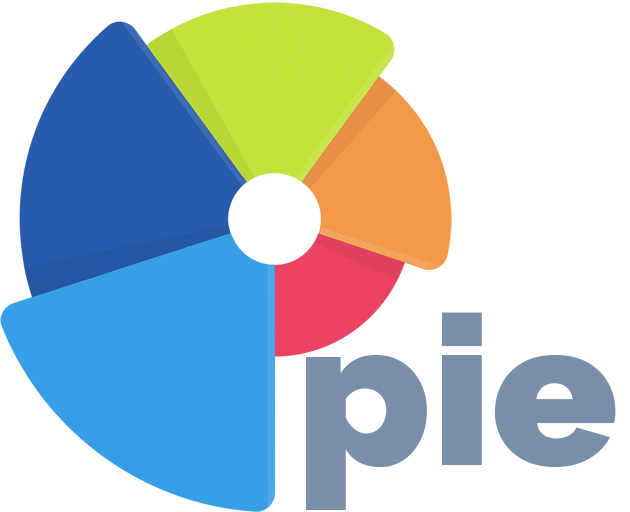Optimize Mental Health Billing and Credentialing Services

Patient care is your top priority, but ensuring a steady income is crucial to support that care. To achieve this, you need to set things up correctly from the start. While using an expert in billing and credentialing is often the best choice, if you decide to handle it yourself, this chapter from our comprehensive guide will help you.
This article explores the importance of billing and credentialing services, common challenges, and effective solutions to help your practice thrive.
The Importance of Billing and Credentialing
Mental health billing and credentialing services are crucial for a smooth-running practice. They ensure timely payments, meet the necessary requirements for health insurance plans, and maintain compliance with industry regulations.
Key Points:
- Timely payments: With proper medical billing, you receive payments on time.
- Insurance requirements: Credentialing ensures you meet the standards set by health plans.
- Compliance: Both billing and credentialing help you stay compliant with industry regulations.
Common Billing Challenges and Solutions
Billing in a mental health practice can be complex. Here are some common challenges and how mental health billing services can address them.
Challenges:
- Claims denials: Incorrect billing information often leads to denied claims.
- Billing errors: Mistakes in coding or patient information can delay payments.
- Time issues: Manual billing takes a lot of time and resources.
Solutions
- Automated billing systems: These systems reduce errors and streamline the billing process.
- Regular training: Keep your staff updated on the latest billing codes and practices.
- Outsourcing billing: Consider outsourcing to professionals who specialize in mental health billing.
Integrating Billing with Credentialing
Integrating your billing and credentialing processes can lead to a more efficient practice. Here's how you can achieve this integration.
Steps for Integration:
- Use unified software: Choose software that handles both billing and credentialing.
- Streamline data entry: Enter information once and use it across both systems.
- Regular audits: Conduct regular audits to ensure both systems are up-to-date and accurate.
Benefits:
- Increased efficiency: Integration reduces redundant tasks and improves workflow.
- Better accuracy: Unified systems decrease the chances of errors.
- Improved cash flow: Efficient processes ensure quicker reimbursements.
Enhancing Practice Management with Integrated Services
Integrating billing and credentialing services can significantly improve practice management. Here’s how:
- Real-Time Updates: Unified systems provide real-time updates on the status of your credentialing applications and submitted claims. This helps you stay informed and proactive.
- Streamlined Customer Service: Having a single point of contact for both billing and credentialing simplifies customer service. It ensures quicker resolutions to any issues that arise.
- Improved Efficiency: Integrated services reduce the need for redundant data entry and minimize errors. This leads to a more efficient and effective practice management system.
The Role of Health Plans in Credentialing and Billing
Health plans play a crucial role in the credentialing and billing process. Understanding their requirements and processes can help streamline your practice.
- Credentialing Requirements: Each health plan has specific credentialing requirements. Learning these can help you prepare your credentialing applications more effectively.
- Billing Policies: Health plans have different billing rules. Know these rules to ensure quick and smooth processing of your claims.
- Compliance: Staying compliant with health plan regulations is essential. Regularly review and update your credentials to maintain compliance and avoid any disruptions in your practice.
Frequently Asked Questions About Billing and Credentialing
What is the typical timeline for the credentialing process? The credentialing process can take anywhere from 60 to 90 days. It depends on the completeness of your credentialing applications and the responsiveness of the insurance companies.
How frequently should I update my credentials? Update your credentials at least once a year. Also, update them whenever there are significant changes, like new certifications or a change in your practice location.
Can I submit claims before completing the credentialing process? No, you should wait until you are fully credentialed. This will help you avoid denials when submitting claims. However, some health plans may allow retroactive billing.
Choosing the Right Billing and Credentialing Services
Selecting the appropriate services for your practice is essential. Consider these tips to make an informed decision.
- Research and Compare Services: Find companies that specialize in mental health billing and credentialing services. Look for those with a proven track record and positive reviews.
- Look for Experience and Expertise: Pick a service that understands mental health and knows the field's unique needs. Ensure they can handle the enrollment process and manage credentialing applications efficiently.
- Evaluate Customer Reviews and Feedback: Read reviews and feedback from other mental health professionals. This helps you gauge the service's reliability and effectiveness.
Ensuring Smooth Operations with Billing and Credentialing Services
Mental health billing and credentialing services are essential for a smooth-running practice. If you can understand the challenges and effectively integrate these services, it will be easier to focus on delivering quality care to your patients.
For more information on how pie Health can assist with your behavioral health credentialing needs, contact us today or download The Complete Guide to Insurance Credentialing and Billing for Mental Health Practices.

Comments ()